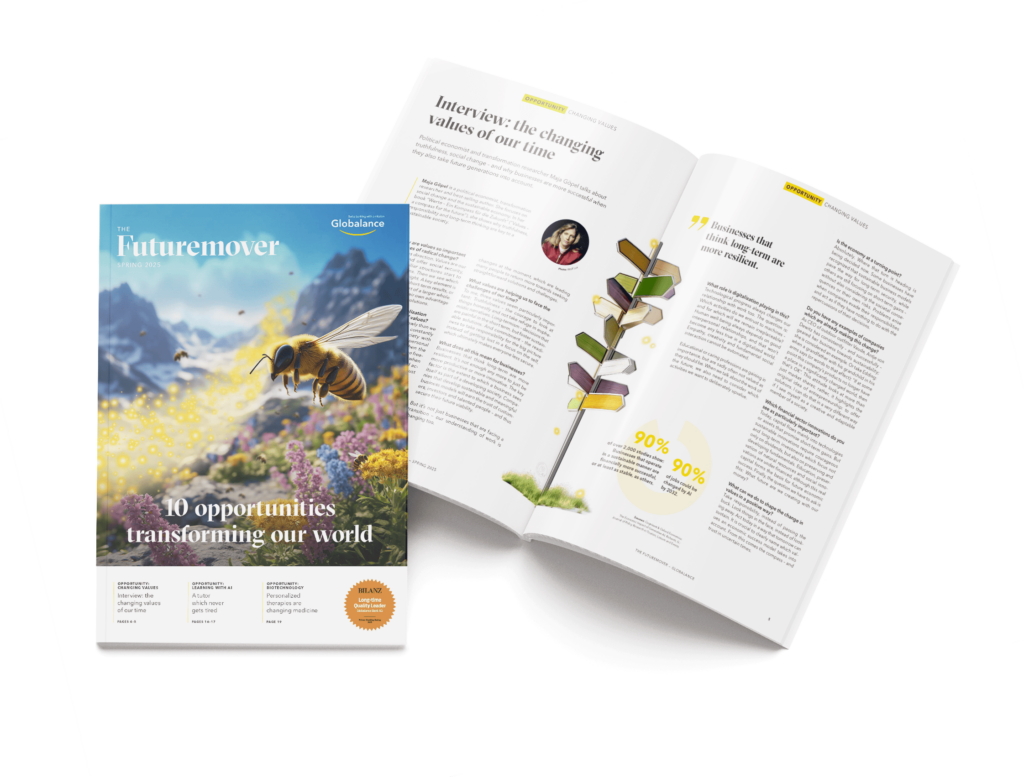
Results of the latest research
The State of Science
Research on shareholder engagement has increased significantly in recent years. Various disciplines are empirically analysing whether and how investors contribute to a more sustainable economy.
The key findings of the latest research are as follows:
- Shareholder commitment to climate transparency can encourage companies to reduce emissions. If investors who are members of the Carbon Disclosure Project, CDP, own a company, the likelihood that it will disclose its emissions increases. This can lead to a reduction in future CO2 emissions. Asset managers who have joined CDP also tend to selectively invest in or divest from companies with high emissions, which increases the pressure on these companies to take action (Cohen et al., 2023).
- Shareholder engagement on material topics reduces the environmental risks of companies (including accidents and climate risks in general). The financial risk (“value at risk”) of the target companies decreases by 9% after successful engagement. The study shows that companies reduce the number of environ mental incidents after the engagement (Hoepner et al., 2024).
- Divestment can influence corporate behaviour and market conditions through public pressure. The “Go Fossil Free” movement shows that divestment activities, while giving up voting rights, can still be effective in influencing market sentiment and leading to higher carbon costs. The research suggests that divestment movements can contribute to a reassessment of climate risks in the financial markets and encourage companies to adopt net-zero commitments (Becht et al., 2023).
- Sustainable investing has a direct and indirect impact on the environment and society. In addition to portfolio screening and shareholder engagement, “field building” is a strategic approach in which indirect effects can be achieved in the long term through other investors and the institutional context (e.g. better regulatory framework conditions). If different shareholders complement each other, the positive impact does not follow immediately, but gradually and as a result of a collective process (Marti et al., 2023).
- Active shareholder engagement brings reputational benefits for asset managers. However, the quality of engagement varies significantly depending on the size of the asset manager. In a study from South Africa, large asset managers that are PRI signatories tend to have more comprehensive and transparent reports. The study also reveals that many smaller managers are merely “box-ticking” and are not transparent enough, which may discredit their commitment (Nel et al., 2023).
- Finally, we mention a study here that points to rather cynical behaviour by certain mainstream asset managers. Funds that target ESG-sceptical family offices often only support environmental and social applications when they are not crucial. This can also be seen as a form of greenwashing: such “ESG funds” only focus on sustainability superficially, rejecting substantial, controversial proposals to suit the interests of sceptical institutional investors.
Globalance regularly monitors developments in research. It provides us with valuable insights,
how we can continuously improve our own approach and make it more effective.



